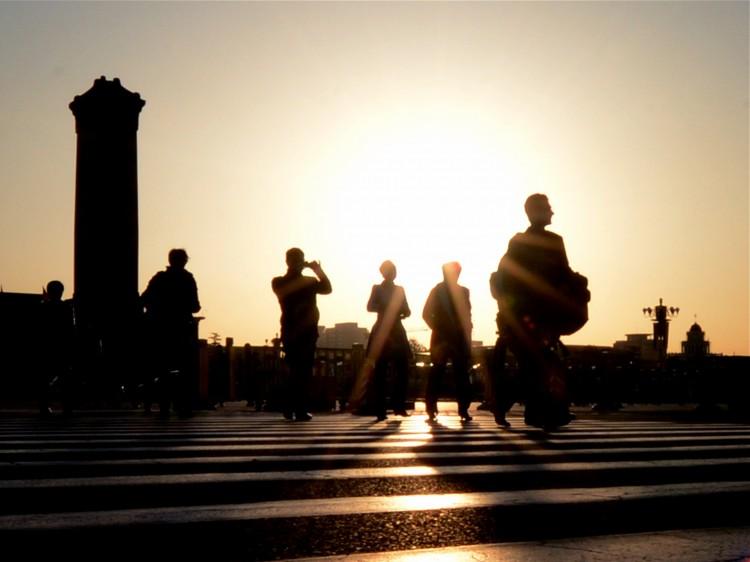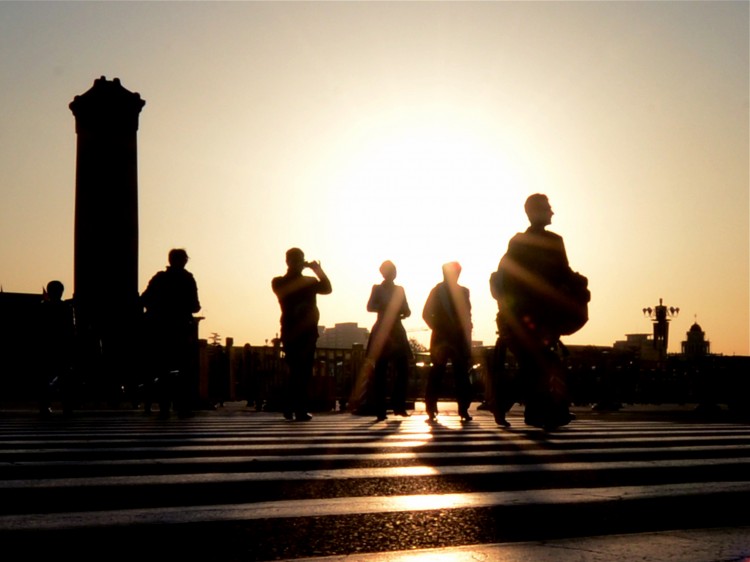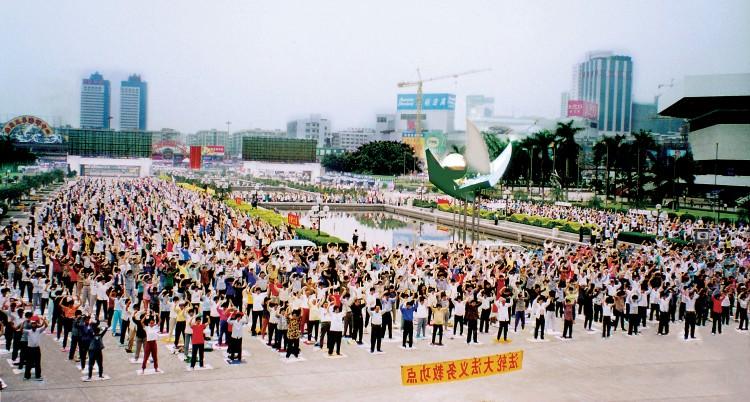Opinion
From Forced Organ Harvesting to Forced Political Reform
The next Party head, Xi Jinping, appears to genuinely favor political reform. He also is in a position where forces inside and outside the Party force reform upon him, even though such reform may not be possible.

Delegates arrive for the opening session of the Chinese Communist Party's five-yearly Congress at the Great Hall of the People in Beijing on Nov. 8, 2012. Chinese observers may be confused as to why Jiang’s group is gambling with their lives by causing interference, even after agreeing to cooperate with Hu and Xi in exchange for immunity from Bo’s crimes. Mark Ralston/AFP/Getty Images
|Updated:





